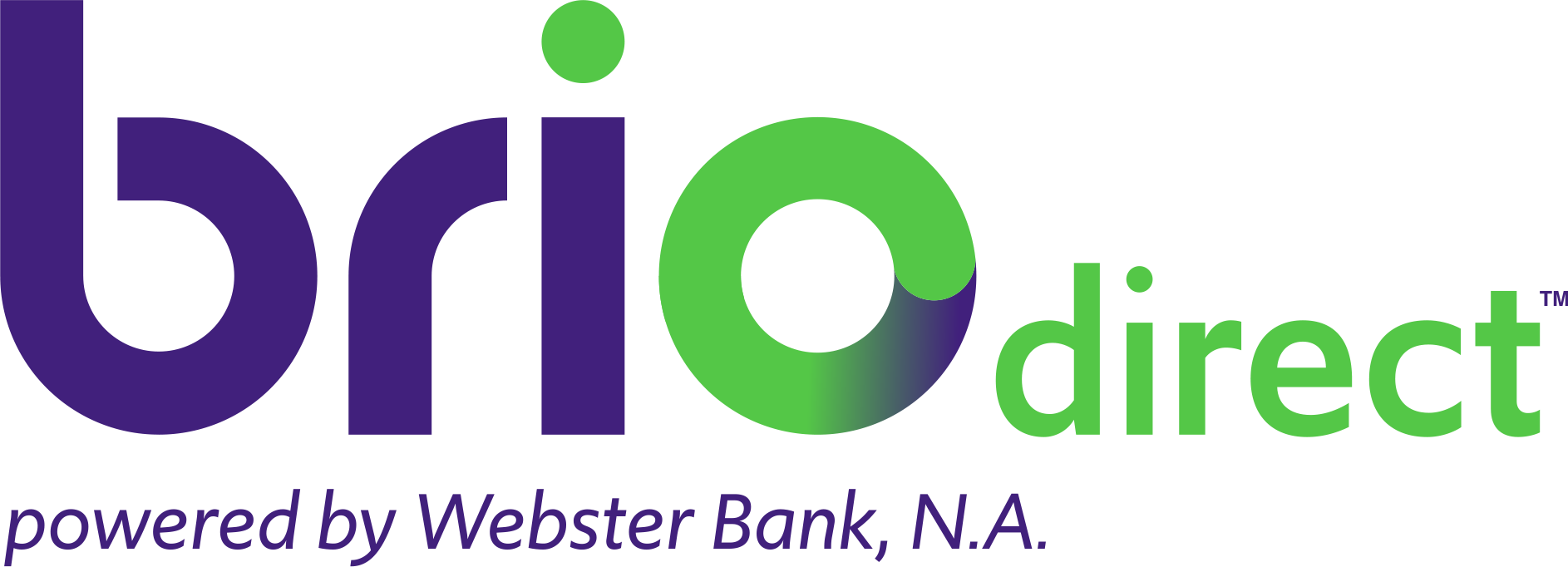
This article was updated on: June 6, 2024
Published on: April 5, 2022
By: Webster Bank
5 Tips to Get Your Finances in Order
Getting your finances in order doesn’t have to be complicated. With a few simple steps, you can organize your finances and take charge of your financial life. The best part? Once you do it, you’ll be in a better position to manage your money and reach your financial goals.
Here are five tips for organizing your personal finances:
Calculate personal cash flow
The first step in organizing your finances is understanding your personal cash flow over a specific period of time, typically a month. Knowing your cash flow will help you identify where money is coming in and going out. Here’s how you can calculate your monthly net cash flow:
- List all your sources of monthly income and their amounts
- List all your monthly expenses or cash outflow
- Subtract your expenses from your income—this number is your monthly net cash flow
If your net cash flow is positive, you have a surplus. You can put that money toward savings or paying off debt.
A negative number indicates a deficit, or that you’re living (and spending) beyond what your income can support. If that’s the case, create a budget to live within your means.
Create a budget
Take a closer look at your monthly expenses and categorize them. Some spending categories to get you started include housing, transportation, food, utilities, medical, savings, and entertainment.
Now, you’re ready to create a budget using the 50/30/20 rule. With this rule, 50% of your income goes toward needs (like housing, food, and medical), 30% toward wants (like entertainment), and 20% toward savings or paying off debt.
Minimize your debt
Some debts are worse than others. To get a grip on your debt and determine its impact, take a closer look at your recent statements. Write down the lender or creditor’s name, total amount owed, minimum monthly payment, and interest rate for each account. This will help you identify which debts have the highest interest rates and monthly payments—which are the ones costing you the most.
Paying off the debt with the highest rate first is a good strategy. For that debt, you should pay as much as you can afford within your budget. Then, pay the minimum amounts on all other debts. Once the highest rate debt is paid off, move to the one with the next highest rate, continuing until all debt is cleared.
Build an emergency fund
Creating an emergency fund gives you the financial flexibility to withstand an unexpected financial expense. It typically covers three to six months of living expenses. Start small and grow your fund over time—you can even make it part of your budget.
Review your credit report regularly
Federal law requires each of the three main credit bureaus—Equifax, Experian, and TransUnion—to provide you with a free credit report every 12 months. You can request yours from annualcreditreport.com.
Stagger your requests to each of the three bureaus every four months, and you’ll be able to review your credit report three times a year for free. Requesting your free credit report does not negatively impact your credit score, and regular reviews allow you to track your credit history, spot and correct errors, and even detect fraud.
Disclaimer
The opinions and views herein are for informational purposes only and are not intended to provide specific advice or recommendations. Please consult professional advisors with regard to your individual situation.
All deposit products are provided by Webster Bank, N.A. ("Webster Bank"), an insured FDIC institution. BrioDirect is a sub-brand of Webster Bank. Webster Bank operates under the trade name BrioDirect. This trade name is used by, and refers to, Webster Bank, a single FDIC-insured bank.
Accounts that are opened via www.briodirectbanking.com and marketed by BrioDirect are Webster Bank accounts. Deposits in these accounts are made with Webster Bank. For purposes of determining how much FDIC insurance is applicable to your accounts, you need to consider all accounts maintained with Webster Bank, N.A., such as CD, checking, savings, BrioDirect online accounts and cash held in health benefits accounts with HSA Bank.

